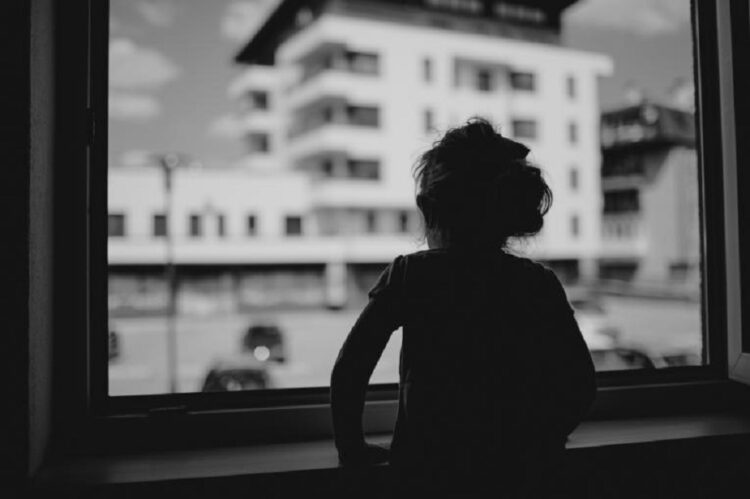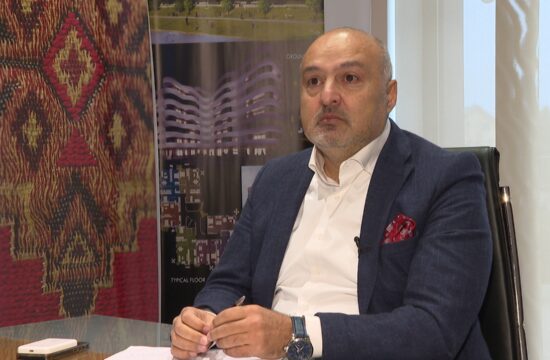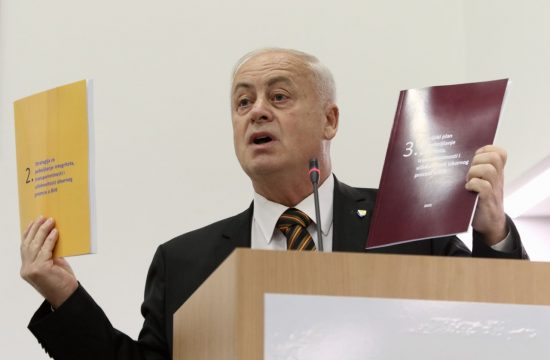
Although underage marriages are illegal in Bosnia and Herzegovina, there are exceptions to this rule which the UN asked the country to address four years ago. However, this does not seem to be a priority for BiH authorities.
Courts in BiH may allow such marriages if the approval of parents or guardians is secured and the person in question has reached the age of 16.
Lawmakers in Bosnia’s Republika Srpska (RS) entity will soon discuss a new proposal to amend the law of the RS, but the proposed amendments also include exceptions in regard to underage marriages which are not in line with international standards and recommendations of the UN Committee on the Rights of the Child.
The ‘Udruzene zene’ (United Women) Foundation has now joined experts, UNICEF and the ombudsman for children and others who have raised this issue. Aleksandra Petric program director at the foundation told N1 that allowing exceptions for underage marriages only enables the abuse of children's rights, encourages human trafficking, and puts children at risk of dropping out of school experiencing domestic violence, stigmatization and re-traumatization.
She explained that some members of the working group who were involved in the proposal argued that “girls who become pregnant before reaching adulthood are thereby enabled to resolve their legal status, i.e. the means of support, by the fact that the father of the child, who will be her husband, will have a legal obligation to support her.”
She criticized this argument, stressing that it “only deals with the consequences of the problems we have in the context of underage marriages” and that “the essence of the problem is not addressed, because we do not deal with the prevention of those marriages, that is, the prevention of situations that lead to underage marriages.”
There are no official state statistics related to underage marriages in Bosnia and Herzegovina, which is part of the overall problem as this is why authorities are not addressing the issue.
“I think institutions are responsible for monitoring children's problems and reacting with systemic measures through public policies in the context of protecting children's rights, primarily because Bosnia and Herzegovina ratified the Convention on the Rights of the Child a long time ago, and therefore it is a binding international standard, and we must do everything to ensure that laws prevent such situations in which children's rights are violated,” Petric said.





Kakvo je tvoje mišljenje o ovome?
Budi prvi koji će ostaviti komentar!